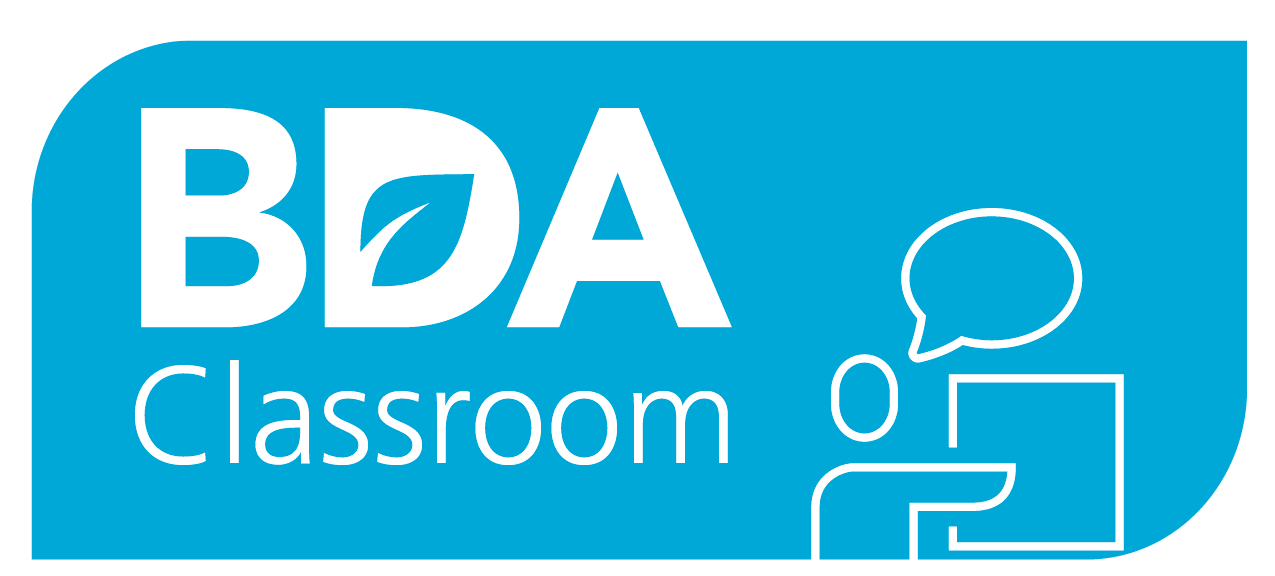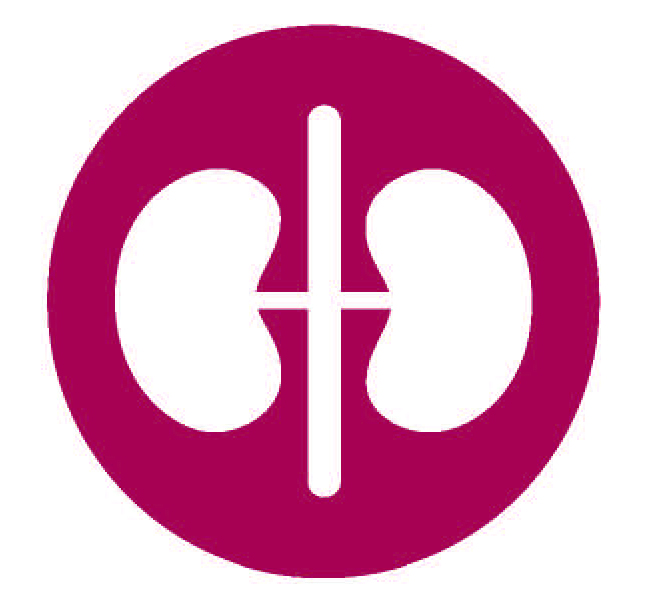Aim
Objectives
This basic
to intermediate course will build on existing knowledge and skills in the
management of enteral tube feeding. The course aims to enable confidence in
everyday practice in adult enteral
nutrition. The course is designed for participants who are newly qualified band
5 dietitians with less than 2 years’ experience or for those to whom enteral
feeding is a new speciality.
Learning Outcomes
● Demonstrate a working knowledge of the range of enteral tube feeding routes, methods of insertion and the different tube types available.
● Plan enteral feeding regimens, selecting appropriate feeding route, type of formula and method of administration.
● Identify complications and adjust regimens and/or treatment appropriately.
● Identify appropriate nutritional monitoring parameters and evaluate treatment.
● Understanding of ethical considerations in enteral feeding
This basic
to intermediate course will build on existing knowledge and skills in the
management of enteral tube feeding. The course aims to enable confidence in
everyday practice in adult enteral
nutrition. The course is designed for participants who are newly qualified band
5 dietitians with less than 2 years’ experience or for those to whom enteral
feeding is a new speciality.
Learning Outcomes
● Demonstrate a working knowledge of the range of enteral tube feeding routes, methods of insertion and the different tube types available.
● Plan enteral feeding regimens, selecting appropriate feeding route, type of formula and method of administration.
● Identify complications and adjust regimens and/or treatment appropriately.
● Identify appropriate nutritional monitoring parameters and evaluate treatment.
● Understanding of ethical considerations in enteral feeding
This one day course is aimed at the dietetic support workforce working in both acute and community settings.
The aims of this one-day course are to facilitate participants to :
Aim
The aim of the one-day course is to
- Further develop your knowledge and skills in the management of coeliac disease.
- Apply knowledge when discussing case studies and reflecting on your own coeliac disease service
- Enhance awareness of the range of coeliac disease services.
- Improve awareness of future innovations in coeliac disease management.
Learning Outcomes
By the end of the one-day course you will be able to:
• describe conditions associated with coeliac disease
• consider the nutritional aspects of the gluten-free diet
• discuss a broad range of issues influencing gluten-free dietary adherence
• describe a range of coeliac services, including dietetic-led coeliac services

This basic
to intermediate course will build on existing knowledge and skills in the
management of enteral tube feeding. The course aims to enable confidence in
everyday practice in adult enteral
nutrition. The course is designed for participants who are newly qualified band
5 dietitians with less than 2 years’ experience or for those to whom enteral
feeding is a new speciality.
Learning Outcomes
● Demonstrate a working knowledge of the range of enteral tube feeding routes, methods of insertion and the different tube types available.
● Plan enteral feeding regimens, selecting appropriate feeding route, type of formula and method of administration.
● Identify complications and adjust regimens and/or treatment appropriately.
● Identify appropriate nutritional monitoring parameters and evaluate treatment.
● Understanding of ethical considerations in enteral feeding
This one-day course builds upon the self-study pre course module Skills for a Professional and Effective Relationship’ you have completed. Having reviewed the changing media context, relationships with journalists, and compelling content, you will now have a go at pitching your stories and completing practice interviews. This course is suitable for those relatively new to engaging with the media and will also provide practice and feedback opportunities for those with existing media engagement experience.
Aims:
The aim of this course is to increase your confidence and competence when engaging with the media, whether proactively or reactively. Through practical exercises, practice with peers and real-time feedback, you will develop the skills to communicate evidence-based nutrition information to the public via several media channels and platforms.
